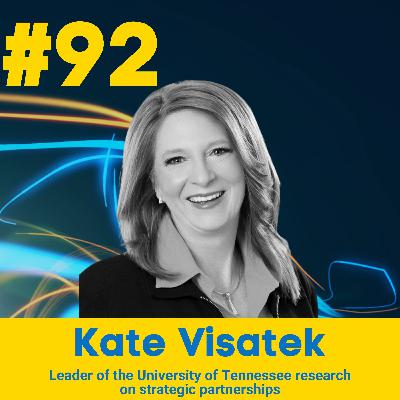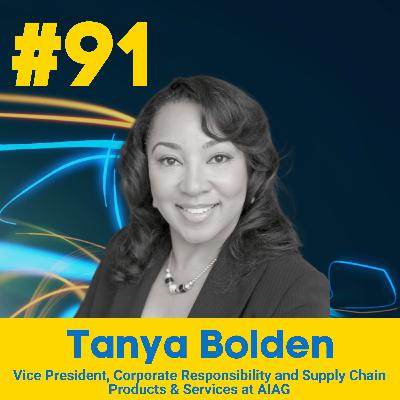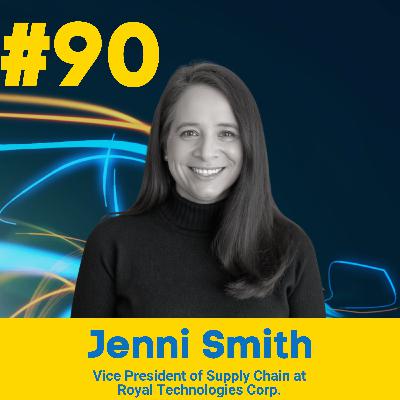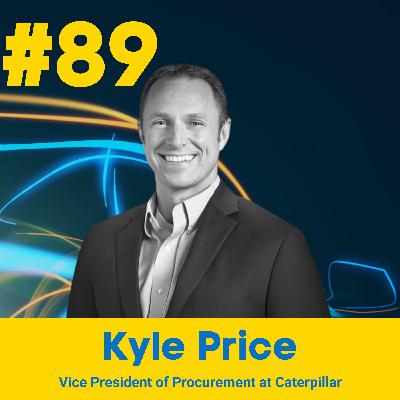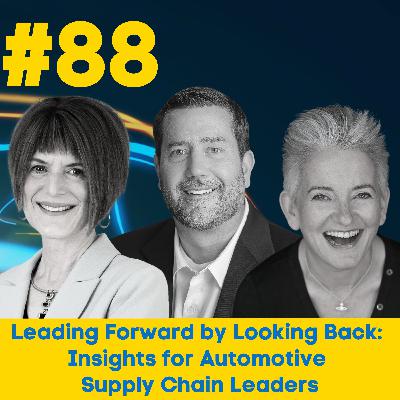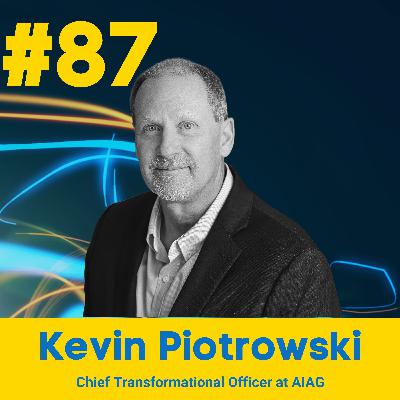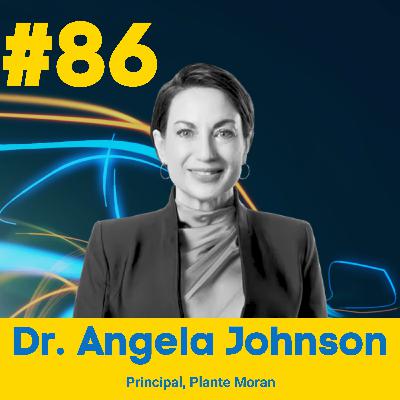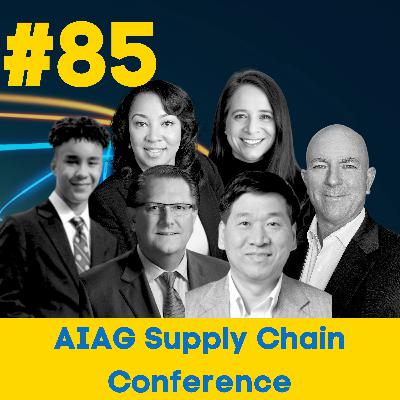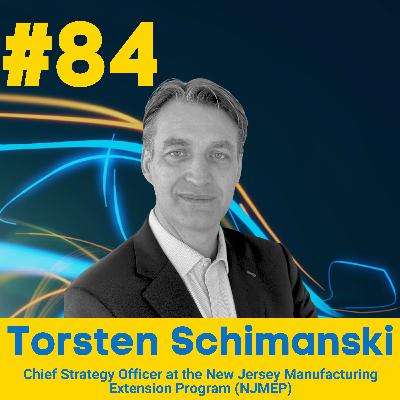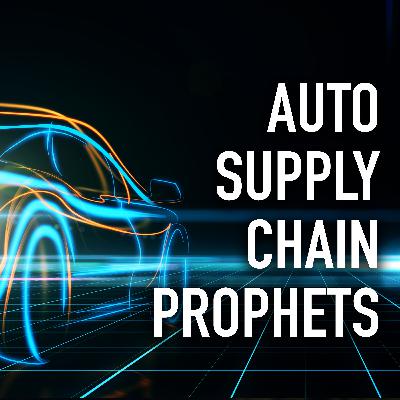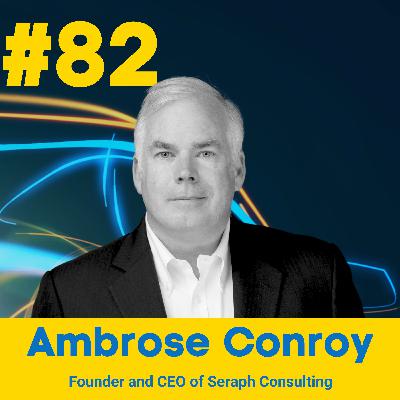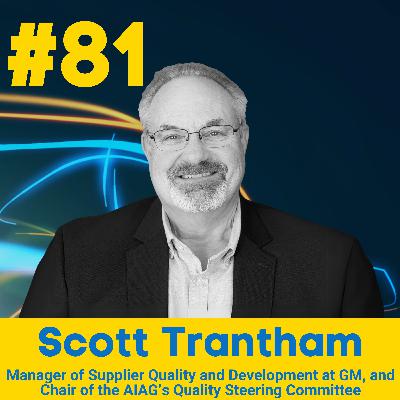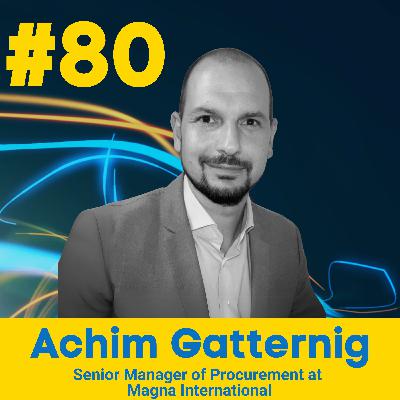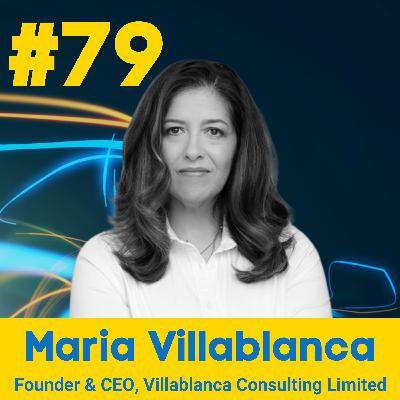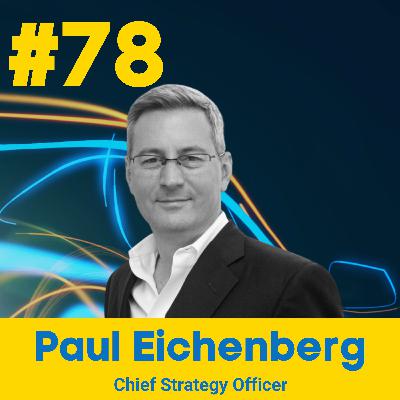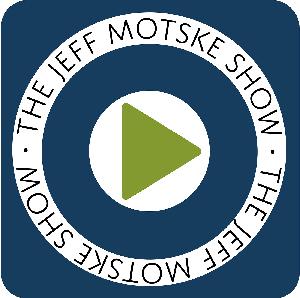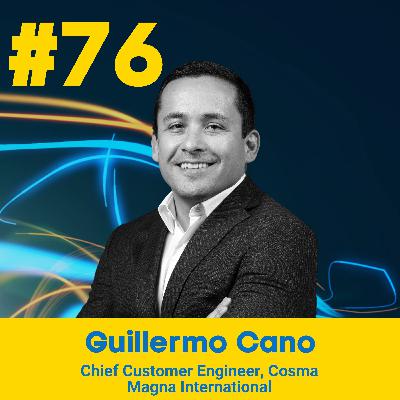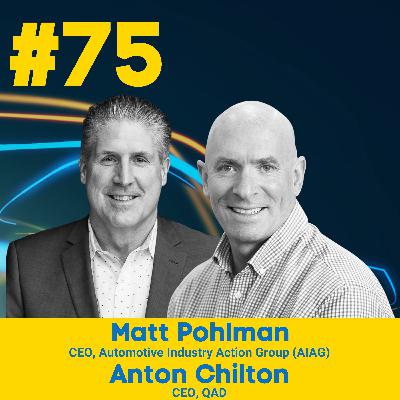Vested Partnerships: Transforming Automotive Negotiations Into Win-Win Partnerships
Description
The automotive industry is famous for its tough negotiations—OEMs squeezing suppliers, suppliers passing the pressure down the line. For decades, that approach was seen as a strength. But what if it’s actually holding the industry back?
In this episode of the Auto Supply Chain Prophets Podcast, Jan Griffiths and co-host Terry Onica welcome Kate Vitasek, leading authority on collaborative business models and creator of the Vested framework.
Kate has spent nearly 25 years proving that companies don’t have to settle for win-lose deals. Instead, they can build partnerships where both sides succeed.
Kate explains the mindset shift in simple terms. Negotiation means sitting across the table, each side fighting for its own interests. Collaboration means sitting on the same side, co-creating solutions.
She describes how even the most toxic relationships can be reset with the right process: aligning on outcomes, establishing trust, and piloting a new way of working one relationship at a time.
Data is another barrier. Too often, companies stall because they argue over whose numbers are right. Kate insists on one source of truth, even if it’s a simple spreadsheet. Agreement matters more than sophistication. Once both sides trust the data, they can move forward together instead of wasting time in conflict.
Jan presses on a key point: leadership may say the right things at the top, but when directives reach the buyer level, behaviors often revert to “beat up the supplier” mode. Kate acknowledges the challenge and stresses the need to equip frontline teams with new rules, incentives, and the authority to design better processes within clear guardrails.
Toward the end, Kate offers a direct challenge to automotive leaders: don’t send one person to learn the Vested model, send a team. Procurement, operations, and legal must be part of the process so contracts reflect collaboration instead of undoing it.
The episode closes with a reminder that real change won’t come from declarations or slogans. It will come from fixing one relationship at a time, with the right people in the room, the right metrics in place, and a mindset that values shared success over short-term wins.
Themes discussed in this episode:
- Why the traditional adversarial style of automotive negotiations is breaking down supplier relationships and creating long-term risk
- How OEM behavior sets the tone for the entire supply chain and directly influences tier one and tier two practices
- The Vested model as a proven framework for turning win-lose deals into win-win partnerships based on shared outcomes
- The five rules of Vested contracts and why starting with one strategic relationship helps companies pilot change effectively
- Case studies from healthcare, defense, and retail that demonstrate the impact of collaborative contracting
- How one source of truth in data eliminates arguments, builds trust, and enables transparent decision-making across companies
- How companies like IBM and Securitas redefined supplier agreements to create long-term strategic value
Featured on this episode:
Name: Kate Vitasek
Title: Global Authority on Collaborative Business Models and Architect of the Vested Methodology
About: Kate Vitasek is a recognized authority on strategic partnerships and the creator of the Vested® business model, a framework that helps organizations move from “what’s in it for me” to “what’s in it for we.” An accomplished author of seven books and a faculty member at the University of Tennessee, she combines award-winning research with real-world experience from companies like P&G and Microsoft to show leaders how to build collaborative, innovative, and sustainable business relationships.
Connect: LinkedIn
Mentioned in this episode:
- Uniting Industry: How AIAG is Building Resilient Supply Chains Through Collaboration and Standardization with Tanya Bolden
- 2025 WRI Study results: Trust, transparency, and the new competitive edge
- What Is Vested?
- Compatibility and Trust Assessment
- How Walmart Canada Uses Blockchain to Solve Supply-Chain Challenges
- Collaborative Contracting Course
- AIAG Supply Chain Steering Committee
Episode Highlights:
[05:40 ] Win-Win by Design: The Vested approach shifts negotiations from adversaries across the table to partners working side by side toward shared success.
[07:10 ] Start Small, Think Big: Instead of trying to overhaul the entire supply chain, Kate urges leaders to test collaboration with one partner and prove the value of moving beyond traditional negotiations.
[08:26 ] From Win-Lose to Win-Win: By aligning on outcomes, building trust, and co-creating agreements, organizations move beyond promises of “win-win” to contracts that genuinely deliver shared success.
[11:42 ] Fixing Broken Incentives: Kate Vitasek explains how two-in-a-box deal teams and replacing purchase price variance with total cost of ownership can stop buyer-level behaviors from undermining collaboration.
[18:08 ] Data That Drives Decisions: From NASA rocket telemetry to Walmart’s blockchain trucking system, Kate Vitasek shows how real-time, shared data can cut waste, build trust, and reshape supply chains.
[21:25 ] One Source of Truth: Without a shared set of data, suppliers and customers end up arguing over whose numbers are, Kate explains how agreeing on a single source cuts conflict and builds trust.
[26:08 ] Bring the Right Team: Kate Vitasek urges leaders to stop sending individuals to fix collaboration and instead bring cross-functional teams — procurement, sales, operations, and even legal — to redesign relationships that truly create value.
Top Quotes:
[06:36 ] Kate: “When you actually stop negotiating and you use transparency and problem solving to co-create, magic starts to happen. Negotiation is ingrained, and especially the procurement people and the supply chain folks are used to getting their way. This term, this deal, this time, instead of how can we take a step back and lower the total cost of ownership for the system, for the supply chain, that we can share success and share those rewards from collaboration.”
[20:40 ] Kate: “Walmart, they took their ego out and said: You know what? There are over 250 data points in a transportation movement. The temperature, the fuel charges, you wouldn't think there's all this. And it was very inefficient in how they were working. And so, they built a blockchain with their carriers. So, they took one of the carriers, not all 80; they pulled out one, they had a neutral person who was a specialist in blockchain, and they said, “Let’s co-create a blockchain that will make how we collect data in transportation more effective.” They reduced freight claims 97%.”
[25:16 ] Kate: “We find that when you put smart people in a room and they're in a two-in-a-box, peer to peer, right? They design a better way of working. And that's what we call the vested way of working. Let the people design. So, if your system, and I use that word system, your institution, your policies, your processes, or maybe it is your actual IT systems, is holding you down, let the team decide a better way.”
[32:34 ] Kate: “You don't go out and change the culture by saying, 'I'm changing the culture." You go out and change the culture one relationship at a time.”

